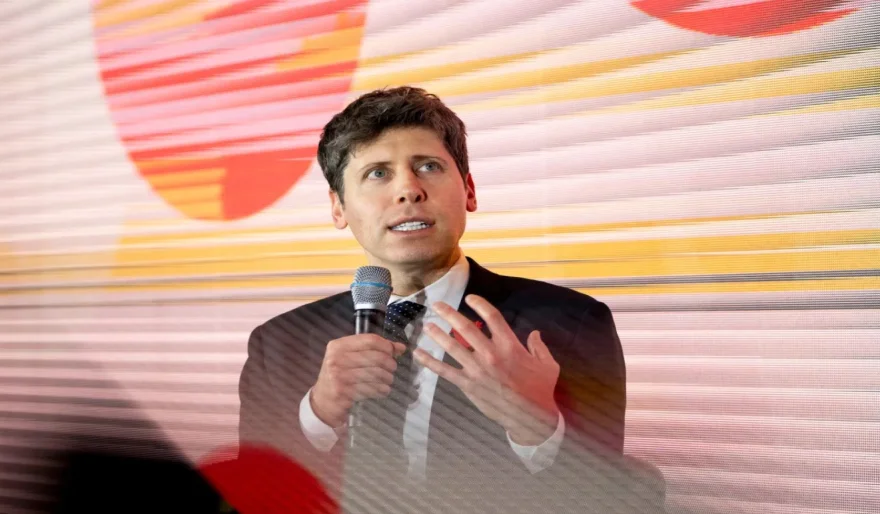Stay Ahead of the Curve
Latest AI news, expert analysis, bold opinions, and key trends — delivered to your inbox.
OpenAI Moves to ‘Uncensor’ ChatGPT—Prioritizing Intellectual Freedom
10 min read OpenAI is updating its AI training policies to promote "intellectual freedom," allowing ChatGPT to engage in more controversial discussions without avoiding topics or taking editorial stances. While some see this as a win for free speech, others worry it could lead to misinformation and AI neutrality on critical moral and ethical issues. February 17, 2025 10:06
User Comments (0)
No comments added yet.
Comments will not be approved to be posted if they are SPAM, abusive, off-topic, use profanity, contain a personal attack, or promote hate of any kind.



















 AI Agents
AI Agents